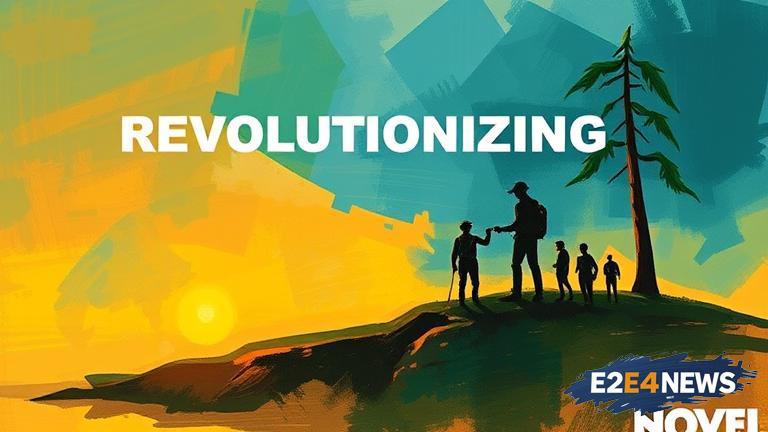The world is at a critical juncture, with climate change and sustainable development posing significant challenges to humanity. In response, a new paradigm of philanthropy is emerging, one that emphasizes strategic and faith-aligned giving. This approach recognizes the critical role that faith communities can play in driving positive change, leveraging their vast networks and resources to support climate action and sustainable development. By aligning philanthropic efforts with faith values, individuals and organizations can create a more significant impact, driving meaningful change and promoting a more sustainable future. The concept of strategic philanthropy is not new, but its application to climate action and sustainable development is gaining traction. This approach involves a more thoughtful and intentional approach to giving, one that seeks to maximize impact and drive lasting change. Faith-aligned philanthropy takes this approach a step further, recognizing the critical role that faith values can play in driving positive change. By leveraging the power of faith, philanthropists can tap into a deep well of motivation and commitment, driving more significant and sustained giving. The potential impact of this approach is significant, with faith communities representing a vast and largely untapped resource for climate action and sustainable development. In India, for example, faith communities have long played a critical role in driving social and environmental change, with many organizations and individuals working tirelessly to promote sustainable development and climate action. The country’s rich cultural and spiritual heritage provides a unique opportunity for faith-aligned philanthropy, with many faith leaders and organizations already engaged in efforts to promote sustainability and climate action. However, despite this potential, faith-aligned philanthropy remains a relatively underdeveloped field, with many challenges and obstacles to overcome. One of the primary challenges is the need for greater awareness and understanding of the role that faith can play in driving positive change. Many people remain skeptical of the role of faith in philanthropy, viewing it as a potential source of division or conflict. However, this need not be the case, as faith can be a powerful unifying force, driving people together around a shared sense of purpose and values. Another challenge is the need for greater coordination and collaboration between faith communities and other stakeholders, including governments, NGOs, and the private sector. By working together, these groups can leverage their collective resources and expertise, driving more significant and sustained impact. Despite these challenges, the potential of faith-aligned philanthropy is significant, with many examples of successful initiatives and programs already underway. In the United States, for example, the Interfaith Power and Light organization has worked with faith communities to promote sustainable development and climate action, providing resources and support for faith-based initiatives. Similarly, in the United Kingdom, the Faiths Forum for London has brought together faith leaders and organizations to promote interfaith dialogue and cooperation on issues related to sustainability and climate change. These examples demonstrate the potential of faith-aligned philanthropy to drive positive change, leveraging the power of faith to promote a more sustainable and equitable future. As the world continues to grapple with the challenges of climate change and sustainable development, the need for innovative and effective solutions has never been more pressing. Faith-aligned philanthropy offers a powerful tool for driving positive change, one that recognizes the critical role that faith can play in promoting sustainability and climate action. By embracing this approach, individuals and organizations can create a more significant impact, driving meaningful change and promoting a more sustainable future. The time for action is now, and the potential of faith-aligned philanthropy to drive positive change is vast and largely untapped. As we move forward, it will be essential to continue exploring and developing this approach, leveraging the power of faith to promote a more sustainable and equitable future for all.
